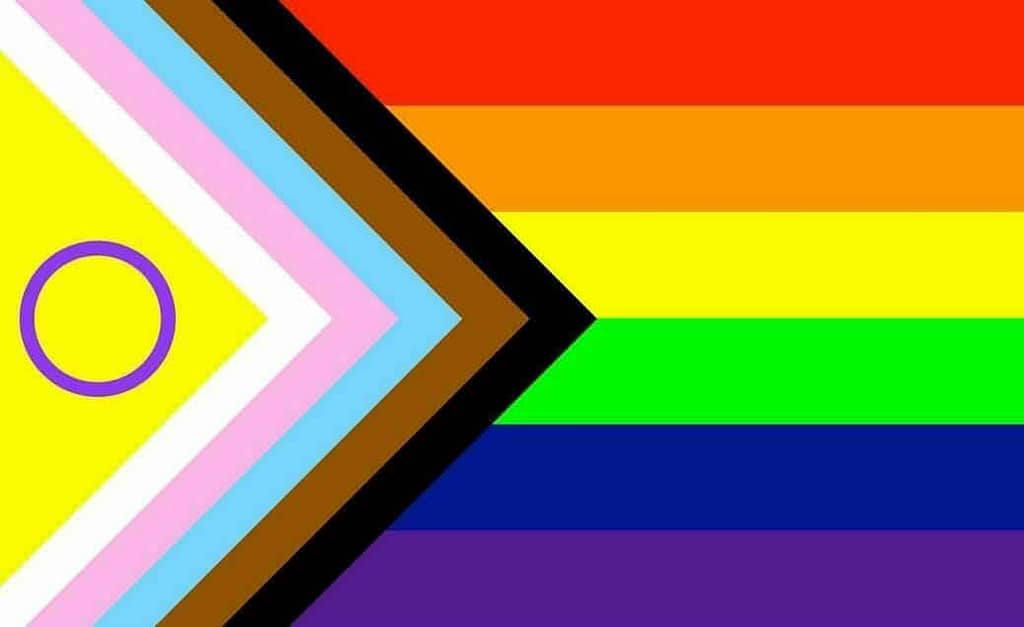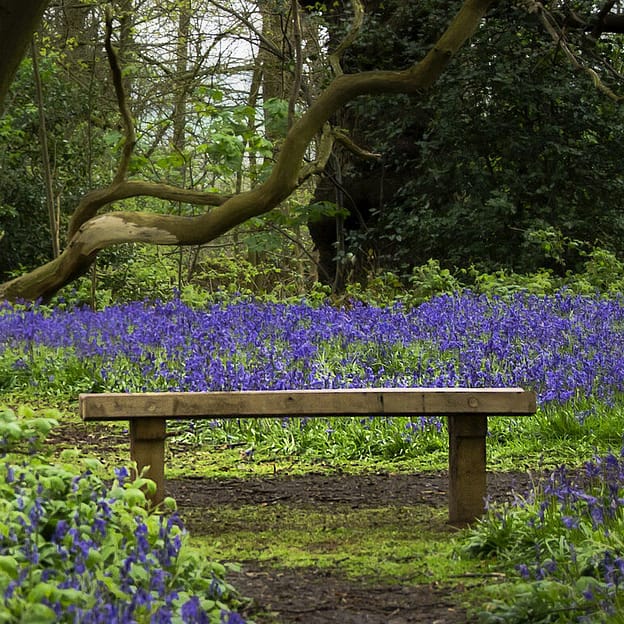I was talking recently with an organisation I provide professional support to about Equality, Diversity and Inclusion (EDI) within the workplace. Something struck us. The one common thread on every single job description within this varied organisation was a sentence about EDI. However, none of the staff are ever questioned about EDI performance during their annual appraisal.
Tick box exercise? – equality inclusion and diversity in the workplace
It’s got me thinking. How can we move from a position of tick box, mandatory training (that many don’t engage with) and automated assumptions to actual engagement? Essentially, a desire to increase awareness because we want to rather than because we have to?
For me, this is about moving from a place of treating everyone as the same to treating everyone as different and unique. So, wanting to understand their place of difference rather than smooth it over and pretend it isn’t there. I see this as both an individual task and an organisational one. Then what about membership bodies such as BACP and UKCP? How can they, and should they, make EDI training mandatory and accountable? How do they/we balance freedom of speech with a profession of expected non-discrimination?
EDI Awareness
My membership is with BACP and for this I complete a training expectations and outcome document annually. I have added an element to mine so that EDI awareness is there as part of my ongoing continual professional development arrangements. I don’t lose sight of it this way. Each time I’m at the planning stage I ask myself which area I feel I need more awareness of. Whilst I need to keep up-to-date on gender, sexual and relationship diversity (one of my areas of expertise), I also need to make sure that my knowledge around race, disability or sex work, for example, doesn’t get left behind.
I can’t know everything about everything connected to equality inclusion and diversity in the workplace. However, I invite myself to become better informed each year. Therefore I’m a better ally to those who are disadvantaged in different ways to me, both professionally and personally. I actively want to know more and to understand more about the areas where I have an advantage, those areas I don’t have to think about every day.
Challenge – equality inclusion and diversity in the workplace
It can feel challenging and exposing to grapple with the idea that we have advantage over another. As therapists this can feel very uncomfortable and we can get defensive when questioned or invited to expand our thinking. I think it’s important to separate the ‘I wasn’t aware of that’ from ‘I am a bad person’. Once we have awareness we can chose to do something different. Similarly once we have awareness about a relationship or behaviour that isn’t helpful for us we can chose to respond differently. Once we have awareness that our inner critic is having a field day we can learn to be kinder to ourselves and others.
Fear
Many therapists come from a place of early wounding, hence the phrase ‘wounded healer’. I wonder if we can learn to respond to EDI and inherent advantage/disadvantage from a place of curiosity rather than a place of fear?

